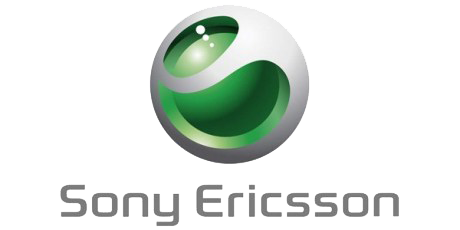 Sony Ericsson is the joint venture between Sony Electronics, based in Japan, and Swedish telecommunications company Ericsson, to manufacture mobile phones. Established in October of 2001, the joint venture was meant to bring Sony soft and hardware design with Ericsson’s knowledge in telecommunications to produce world class phones. As we discussed in our previous post, such venture from the company worked and worked well pre iPhone. Since then, Sony Ericsson has lost its lead as a top handset manufacture which has the company barely treading at 6th place.
Sony Ericsson is the joint venture between Sony Electronics, based in Japan, and Swedish telecommunications company Ericsson, to manufacture mobile phones. Established in October of 2001, the joint venture was meant to bring Sony soft and hardware design with Ericsson’s knowledge in telecommunications to produce world class phones. As we discussed in our previous post, such venture from the company worked and worked well pre iPhone. Since then, Sony Ericsson has lost its lead as a top handset manufacture which has the company barely treading at 6th place.
Now, Sony is looking at what it should have done years ago, to bring mobile handset manufacturing in-house by purchasing the remaining shares of the handset manufacturing from Ericsson. According to inside sources, talks are currently ongoing, though things are fragile and could break down at any point.
A deal “could amount to a huge financial burden on Sony,” said Hideki Yasuda, a Tokyo-based analyst at Ace Securities Co. with a “neutral” rating on the stock. “There could be a costly fee for using patents reserved by Ericsson.”
If the deal goes through, it’s expected to cost Sony 1.4 billion euros ($1.9 billion). However, the biggest obstacle currently is not the price tag (which is no small amount of money, especially for the cash-stripped Sony) but the more than 4,000 patents that Sony Ericsson controls, which is currently a 50/50 partnership.
One can imagine that if such a deal were to go through that the Ericsson name would be dropped and the Sony moniker would be the only name to appear on the phones, thus making it a simpler branding experience for consumers. By bringing all production in-house, Sony will also be able to better align future handsets with their product strategy and integrate their services without the need of split decisions and split design ideals.
“This is really the time to divest if Sony is willing to do so,” said Mats Nystroem, a Stockholm-based analyst with SEB Enskilda. “Sony Ericsson’s product portfolio is the best it’s ever had so for a couple of quarters they should show good profitability but in the long run they’re at a disadvantage because of their small scale and would continue to burden Ericsson.”
Dicsuss:
Is this the right move for Sony and do you think you will see further improvements from Sony handsets if all operations are brought in house?

You must be logged in to post a comment.